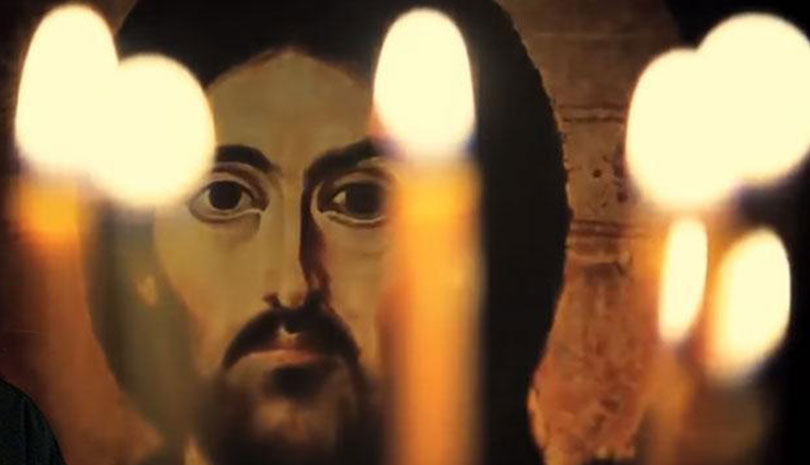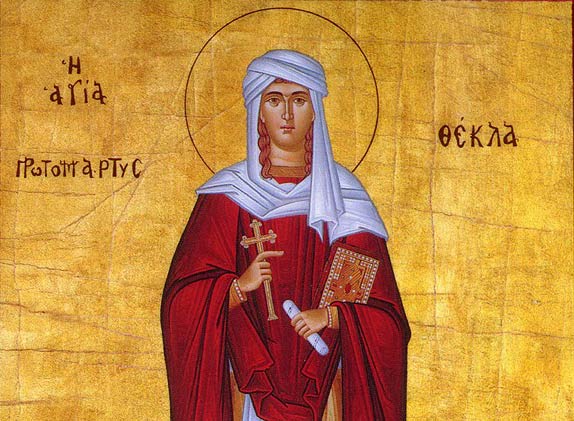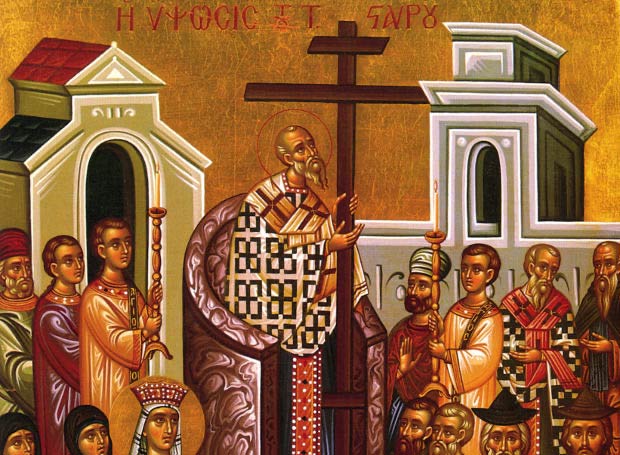- Details

The source of peace, as we saw in our previous sermon, is Christ, who is the “Prince of Peace.” Because the faithful Christian is in communion with this inexhaustible source, they are rewarded with the peace of God continually flowing into their hearts. "Let the peace of God rule in your hearts” (Colossians 3:15).
- Details

(Ephesians 2:14)
The concept of peace is emphasized often during the Divine Liturgy. “Peace be with you all” is the declaration of the Priest (or Bishop) to the faithful before every important part of the Divine Liturgy. At other times he urges the faithful to pray in peace: "In peace let us pray to the Lord." Or asks “for the peace of God,” and “for peace in the whole world.” But the question arises: what does the Church mean by peace?
- Details

The most beautiful hours in the life of the Orthodox Christian on earth, are during the Divine Liturgy, when they participate along with their brothers and sisters. The Church militant is united with the Church triumphant at the same time, and manifests itself as one Body. This unity with Christ as head is sealed with the divine Communion of His Holy Body and Blood. As the believer approaches the Sacred Chalice containing the Holy Gifts (held by the ministering clergy), they express their longing for this communion. It is this desire for union with the Bridegroom of their soul that inspires the relevant prayers to Him: Lord, it is my great longing to be united with You; I melted from your warm love, from your divine love, from the sacred desire to come and be enthroned in my heart.
- Details

Our Church commemorates on the 24th of September a prominent saint, one of the great women of the Apostolic age, St. Thekla, the great Champion of the Faith. She was born in Iconium (today’s Konya) around the year 28 AD, to a pagan family. The Saint was 18 years old when Sts. Paul and Barnabas arrived at Iconium, in the fall of 46 AD (after having been persecuted in Antioch). Her gentle soul was dissatisfied with idol worship, and yearned for something deeper, which she found in the teachings of the Apostle Paul. St. Paul fervently preached the Gospel of Christ, first to the Jews at the synagogue in Iconium. However, the fanatical Jews forbade him from preaching there, and so the Holy Apostle continued to proclaim the Gospel in the house of Onesiphorus, a man of good will. Among the many people who came to listen was the young Thekla. She was profoundly moved by what she heard about Jesus Christ’s love and especially, that He willingly died on the cross for the salvation of the whole world. The young woman’s heart was warmed by a love for Christ, and she then decided to devote her life to the Lord and His work, as St. Paul had done.
- Details

On September 14, the whole of the Orthodox world rejoices as we celebrate the Exaltation of the Holy Cross: “Behold, through the cross joy has come to the world!” (Paschal prayer)





